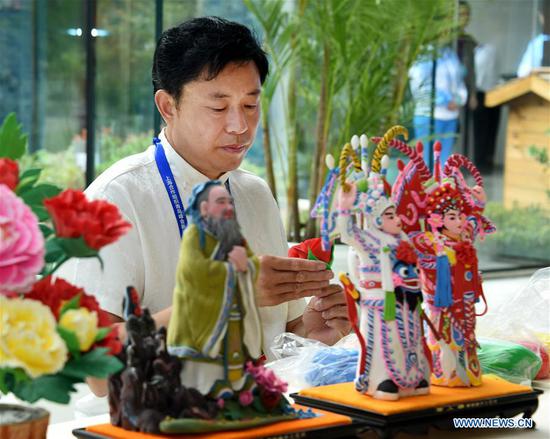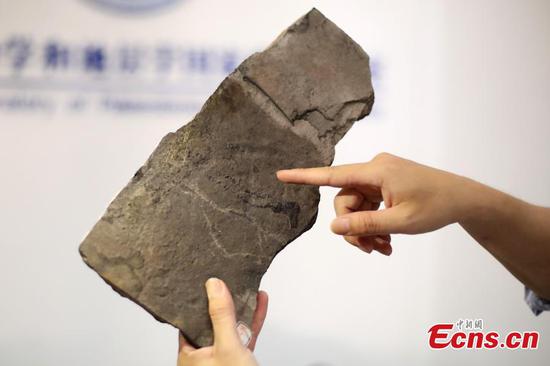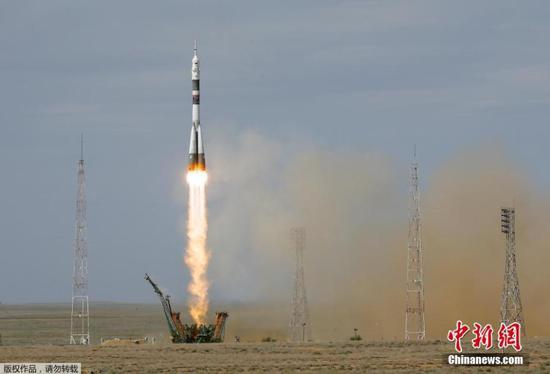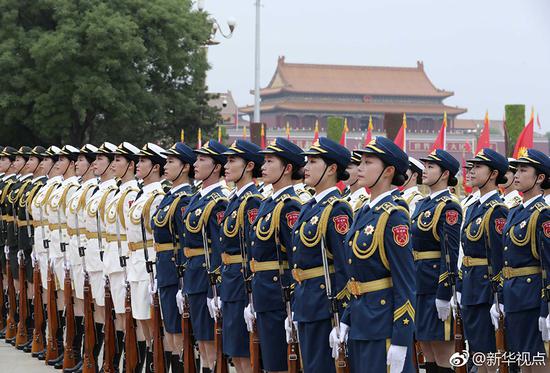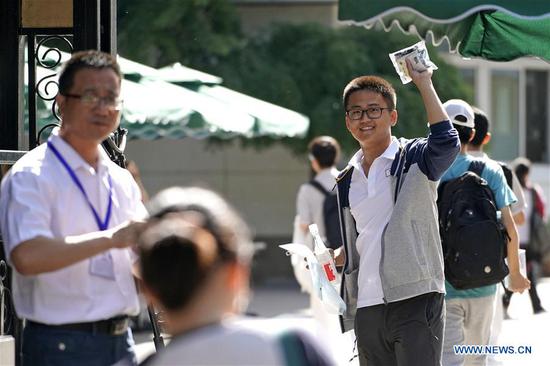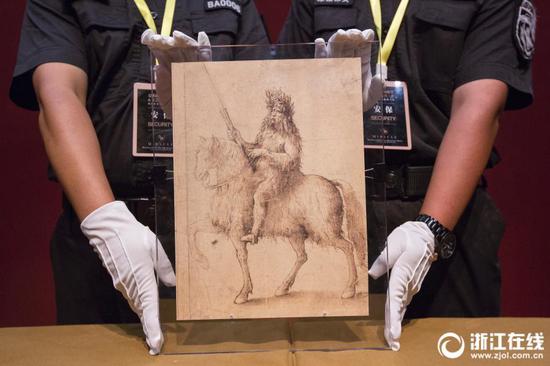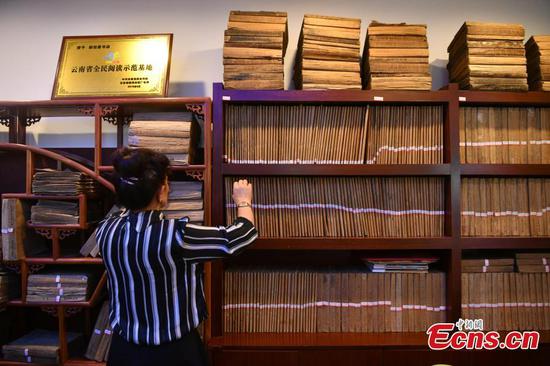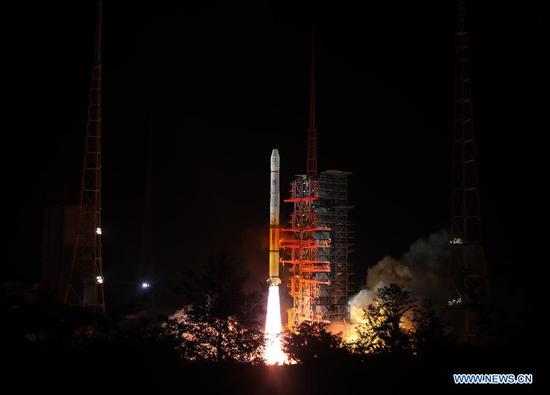The nation's foreign exchange reserves slipped for the second consecutive month in May to $3.11 trillion, down by $14.2 billion or 0.46 percent from a month earlier, according to central bank data on Thursday.
The country's reserves have till now dropped by $50.8 billion from the year's peak in January, amid a strong U.S. dollar trend, said the People's Bank of China, the central bank.
Release of the data came at a time when expectations were rife that the monetary authority might have taken measures to limit the extent of the yuan's weakening against the greenback by depletion of foreign exchange reserves, and the trend is expected to continue, as the U.S. Federal Reserve hinted at the probability of an interest rate hike next week.
The State Administration of Foreign Exchange, the country's top foreign exchange regulator, issued a statement on its website on Thursday, saying that the U.S. dollar's strengthening against most major currencies was one of the key reasons for the drop. It means the non-dollar assets' value in the reserves comes down in dollar terms.
"China's foreign exchange reserves are expected to remain stable after assessing influences of both internal and external factors, although the global financial market will face uncertainties amid the continued economic recovery," said the regulator.
The country's foreign exchange market will better adapt to the external changes so as to maintain balanced cross-border capital flows, according to the official statement.
Last month, the U.S. dollar index rose by 2.3 percent. In contrast, the euro weakened 3.2 percent and the yuan slipped nearly 1 percent, when the global market showed concerns about Sino-U.S. trade tension and the rising political risks in Italy and Spain.
Iris Pang, an economist with Dutch bank ING, said that a 1.5 percent yuan depreciation against the dollar is likely this year, which resulted in a revision of her forecast on the exchange rate-from 6.33 to 6.66 per dollar by the end of 2018.
A relatively extreme scenario could be that rapid capital outflows may trigger a slump in foreign exchange reserves to the $2.5 trillion level, but the central bank is believed to have stabilized the yuan to stop the steady decline in foreign reserves, which means that such a scenario is highly impossible, said Pang.
Wen Bin, a researcher with China Minsheng Bank, said that "there is a possibility that the foreign exchange reserves may rebound in the future", as the yuan depreciation expectations may gradually weaken given the positive outlook for trade growth.

















